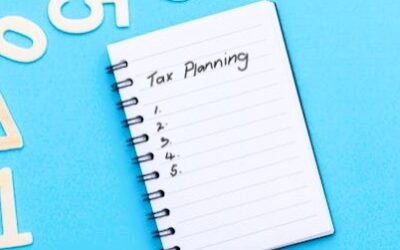When considering to buy a business, it is essential to conduct due diligence to thoroughly investigate all aspects of it before making a binding decision to buy. The due diligence process involves the buyer making sure that they are not making a risky or poor decision, paying too much or incorrectly structuring the acquisition. If any potential risks are identified, you need to be aware of the ways you can manage the risks and have a contingency plan in place for if problems do arise.
Due diligence will mean that the buyer should check and assess that its operations, financial information, contracts and legal documentation are all ethical and sound. Some of the important considerations a buyer should investigate include:
-
-
-
- contracts – for the sale of the business, existing agreements between the business, staff and suppliers, and partner agreements
- records – income, profit and loss statements, and tax returns. Check for the business’ ability to make a profit.
- expenses – bank loans, utility accounts, lease agreements
- business operations – intellectual property, stock, tools and condition of equipment.
- assets – who owns important assets and equipment (i.e. trademarks, software, licenses)
-
-
Gather your information to get a clear picture of the business and consult professional financial consultants such as accountants, lawyers, financial advisors to get advice and review all the information to get a better understanding of areas that are not within your expertise and identify issues you may not have considered. The process can take weeks to several months, depending on the scale and complexity of the purchase and how long it takes to obtain and review the information about the business.
It’s important that before you sign a binding sale of business agreement, make sure you do everything possible to understand how the business runs, why it is being sold and its commercial viability in the future.





